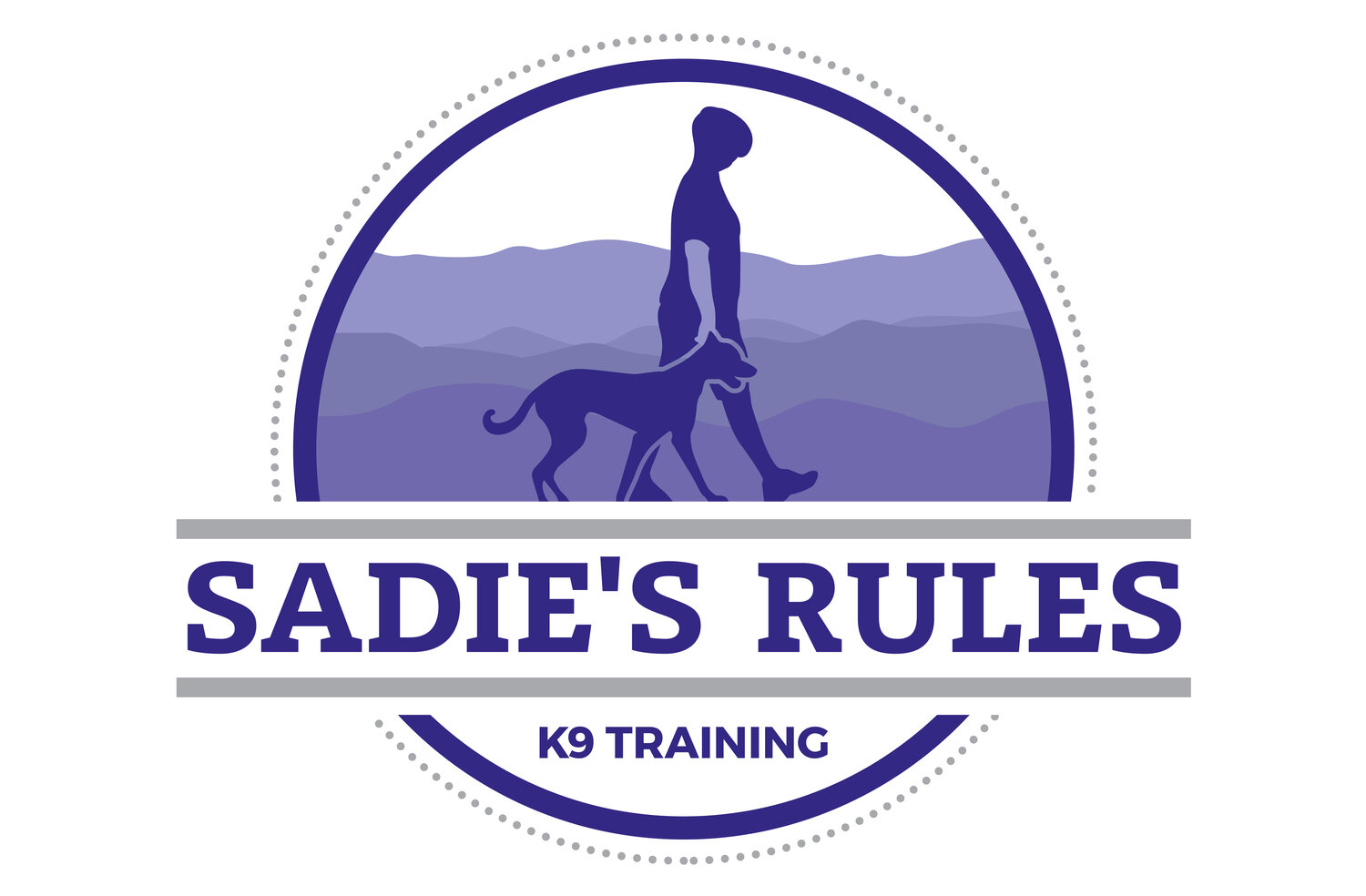Taking your dog to training is not analogous to taking your car to the mechanic. I can’t open up the hood, tinker with some wiring or replace some parts and hand you back the keys, so to speak. In that sense, a dog’s behavior cannot be “fixed.” That’s not what dog training does.
Dogs are thinking, feeling beings who have their own personalities, their own wills, and their own instincts. They’re not humans, but they’re complicated in their own way—some more so than others. Changing the behavior of such a being is always a long term endeavor that includes the owner just as much as the trainer.
That said, the board & train is designed to make significant progress toward the behavior change you’re seeking. It sets the foundation for long term success like nothing else can. During the board & train, your dog will learn the skills, attitude, relationship, communication and accountability that he’ll need for better behavior, and he’ll learn how to put all that together in a real life context. Then, during our go-home lessons, I teach you and your family what you need to know from the human end of the leash. Your dog will come home himself, just a better behaved version, and you will have the skills and understanding of how to keep that good behavior going for the long haul.
But he still won’t be “fixed.” I think the concept of being “in recovery” offers us better insight into the long term reality of a dog with behavior issues. An addict is always considered to be “in recovery” vs being “recovered.” This distinction points toward the active, ongoing process of recovery. Dogs with behavior issues are much the same way. They’re always “in recovery” in the sense that their recovery is an active, ongoing process. It’s important that their owner be aware of this.
Let’s take stranger danger (fear and/or aggression toward strangers) as an example. Your dog will come home from training able to accept the presence of strangers without a reaction, but that doesn’t necessarily mean your dog will love all strangers and you never have to think about it again. The behavior isn’t “fixed” but we have moved it into a healthier space; your dog is now in recovery. This means that you’ll still need to maintain a heightened awareness when strangers are around—not because your dog is still out of control, but because you play an active role in his ongoing recovery. It’s your job to advocate for your dog and to use the skills and strategies we developed during training to help him navigate uncomfortable situations.
My point is: behavior change is not a one-time event, but a long-term process that’s always evolving. The board & train makes a massive difference—it will rocket your dog forward!—because it gives both you and your dog the skills and knowledge to move in a healthy direction long term. But dogs are not robots that can simply be reprogrammed to have a different reaction. They are thinking, feeling, complicated beings; helping them recover from behavior issues is a long term endeavor.

